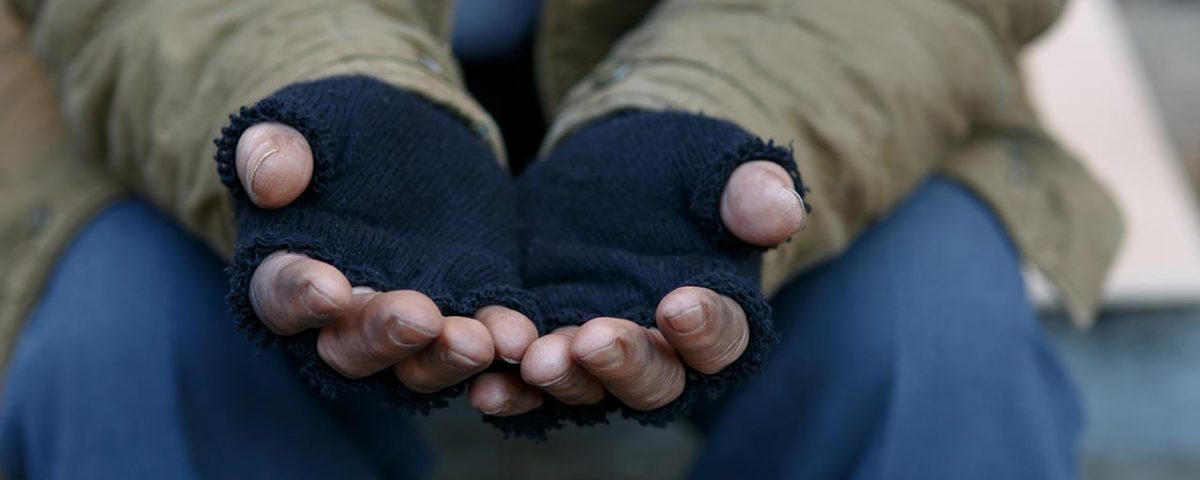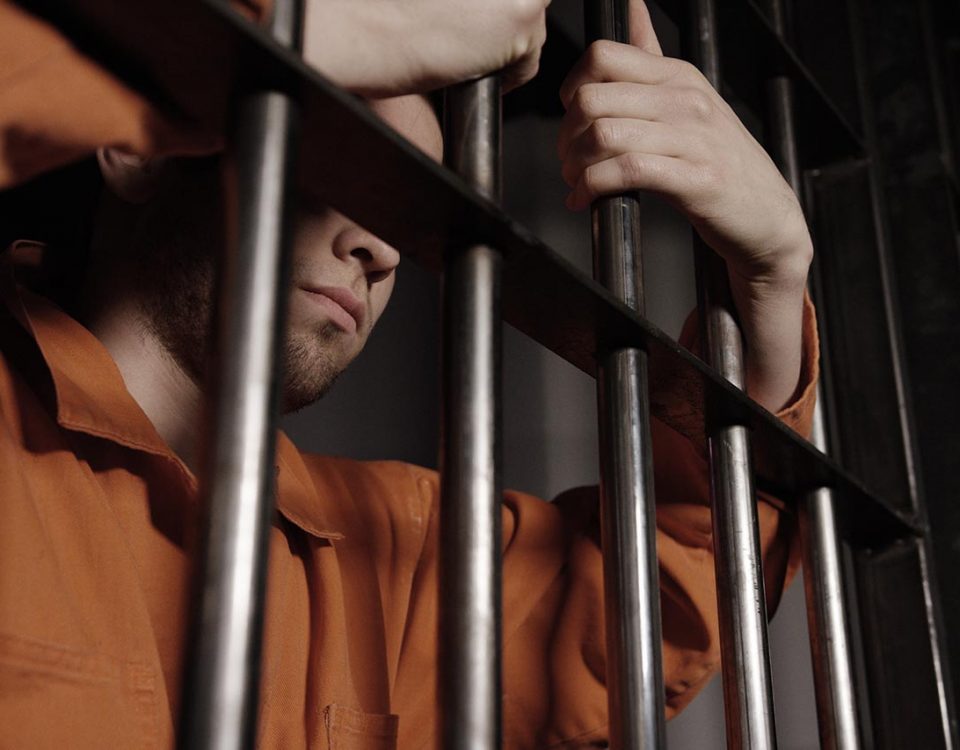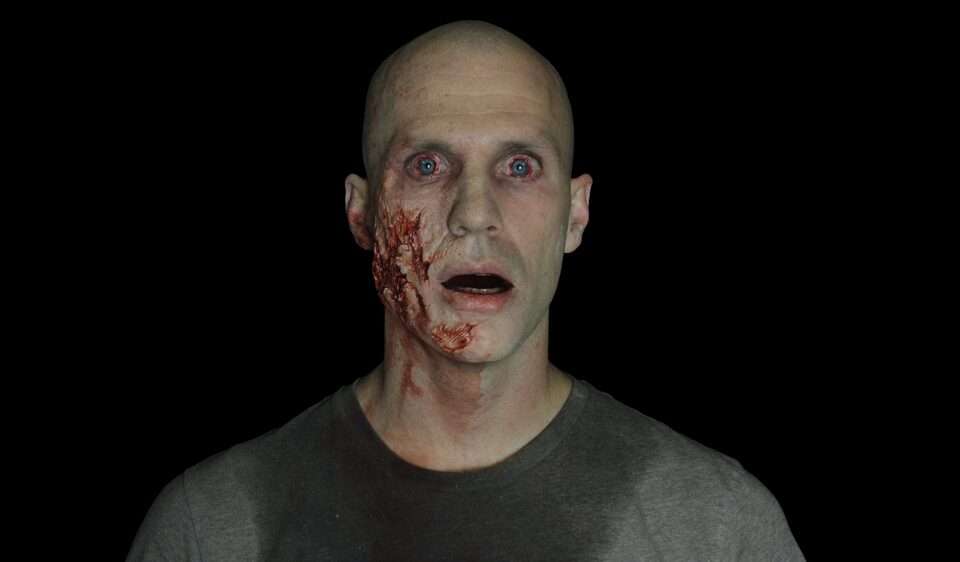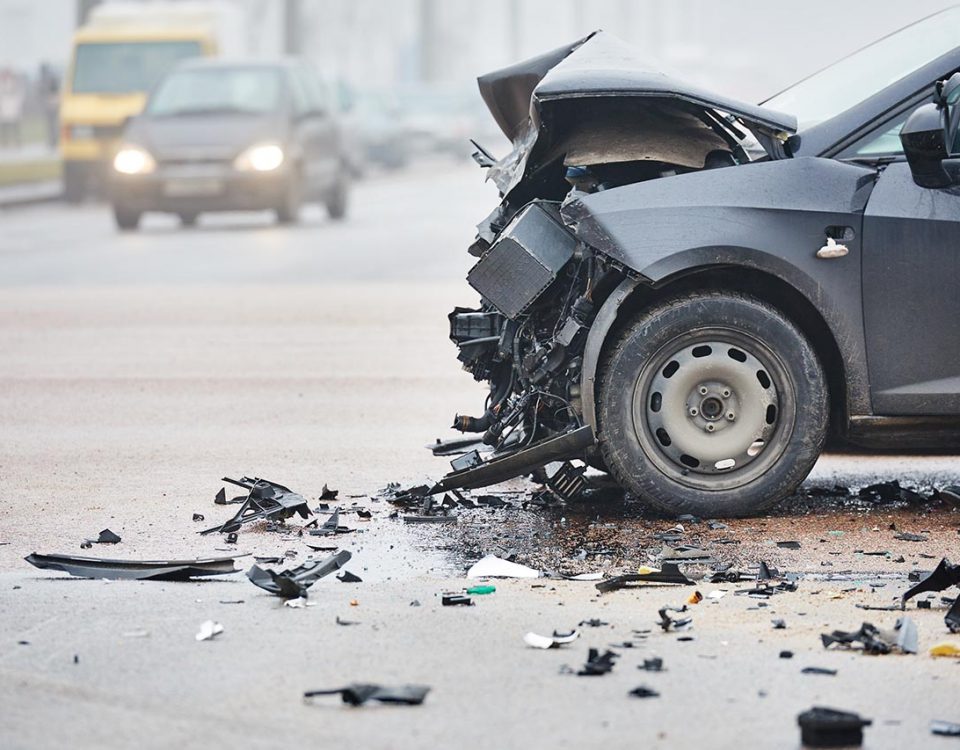Stay-at-home orders from COVID-19 forced people indoors, but for many homeless people across the country, they were without luck.
The homeless population in San Francisco and other areas was hit hard by the coronavirus. To help with this problem, a program from San Francisco housed their homeless population in hotels and other facilities around the city to keep them in quarantine and help stop the spread of the coronavirus. While the program helped with social isolation and quarantining sick individuals, it does have its challenges, especially for the San Francisco homeless population addicted to drugs or alcohol. Below is more on why San Francisco provided drugs for quarantined homeless during COVID.
Homeless Drug Addiction
Statistics on substance abuse and homelessness prove that these disorders are more common among homeless individuals than the general population.
- In the 2013 Annual Homeless Assessment Report (AHAR) to Congress, approximately 257,000 homeless people have a severe mental illness or chronic substance use disorder.
- In 2003, the Substance Abuse and Mental Health Services Administration estimated that 38% of homeless people were dependent on alcohol, and 26% were drug users.
- According to the 2015 National Household Survey on Drug Use and Health, only 10.1% of people above the age of 12 reported past-month drug use.
- The Substance Abuse and Mental Health Services Administration (SAMSA) found that Adults aged 26 or older (10.3% or 22.4 million people) had alcohol use disorders in 2020.
- Alcohol abuse is more common among older generations, while drug abuse is more common among homeless youth and young adults.
However, although the percentage of homeless with drug addiction and drinking problems is high, addictions should be viewed as illnesses that require treatment, counseling, and support. Our California detox center offers drug and alcohol addiction treatment to all in need. If you or a loved one is battling addiction, we can help.
Why San Francisco Provided Drugs for Quarantined Homeless Population
While not every homeless person is an addict, this population does tend to have higher rates of addiction than the general population, with about one-third of homeless individuals struggling with drug or alcohol problems. Because of these substance abuse problems, quarantining individuals and cutting off their access to these substances comes with more challenges.
The COVID-19 pandemic struck the homeless in San Francisco hard, with 1,192 shelter residents from Seattle, Boston, San Francisco, and Atlanta having tested positive.7 On April 10, 2020, the San Francisco Department of Emergency Management reported the first major COVID outbreak at a homeless shelter, with nearly 100 guests and several members of the staff testing positive.
To help those people who were in this situation, California Gov. Gavin Newsom launched "Project Room Key," which offered thousands of vacant hotel rooms for homeless residents to isolate and quarantine. In addition to these rooms, the San Francisco Department of Public Health administered limited quantities of alcohol, medical marijuana, and tobacco to the homeless in these hotels with drug and alcohol use disorders.
The immediate reaction was concern that tax dollars were being used in such a way, but the department reassured the public that this distribution was privately funded. While some people may believe these actions to be irresponsible, there are several reasons why providing alcohol and drugs for quarantined homeless individuals is a harm-reduction technique that is more helpful than not.
Addiction is a disease. People who regularly abuse these substances become addicted to them and have intense cravings when they are without them. These cravings will lead people to do just about anything to get hold of these substances, including going out during a pandemic when they are sick.
By providing some alcohol and drugs to these quarantined individuals, these people are less likely to leave where they are staying and venture outside in search of these products. This practice can help reduce the number of sick people in public and combat the spread of COVID-19.
Another problem with completely cutting these people off from drugs or alcohol is withdrawal. People who are addicted to drugs and alcohol become dependent on these substances, and their bodies will experience negative side effects or withdrawal symptoms when they go without. In some cases, like with alcohol detox, withdrawal symptoms can even be life-threatening.
The safest way for people to detox from these substances is at a medical detox center, but for much of the homeless population, this is not an option. The next best thing is to wean the body off of these substances instead of trying to quit cold turkey. Giving these homeless individuals limited quantities of these substances and having licensed physicians monitor their administration could prevent serious withdrawal problems.
As of December 2022, Project Room Key is in the process of winding down, and isolation and quarantine resources will become very limited.
Drug Addiction Help in California
At our Southern California rehab, we understand that addiction is not something that is easy to overcome on your own, but we can help. If you or someone you care about is ready to get clean, start today.
For more information about our Palm Springs drug rehab programs and services, call Banyan Treatment Centers today at 888-280-4763 or send us your contact information, and we’ll reach out to you.
Sources:
- The U.S. Department of Housing and Urban Development - 2013 Annual Homeless Assessment Report (AHAR) to Congress
- SAMHSA - National Survey on Drug Use and Health (NSDUH)
- SAMHSA - Results From The 2015 National Survey On Drug Use
- SAMHSA - Key Substance Use and Mental Health Indicators in the United States: Results from the 2020 National Survey on Drug Use and Health
- VA - Substance Abuse and Homelessness
- NCBI - Co-occurring substance abuse and mental health problems among homeless persons: Suggestions for research and practice
- CDC - Assessment of SARS-CoV-2 Infection Prevalence in Homeless Shelters — Four U.S. Cities, March 27–April 15, 2020
- USA Today - Fact check: San Francisco providing drugs, alcohol to quarantining homeless but not on taxpayers' dime
- Homeless Solutions in Alameda County - About Project Roomkey Alameda County
Related Reading:
What Does California Sober Mean, and Is It Actually Effective?









